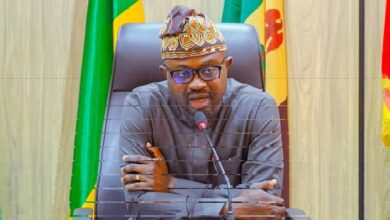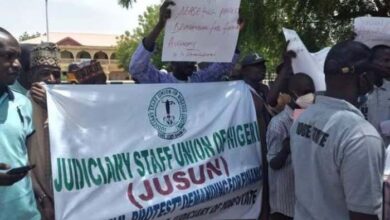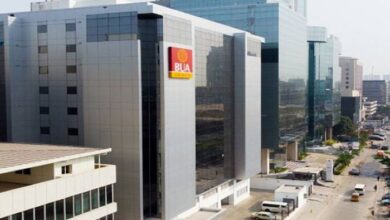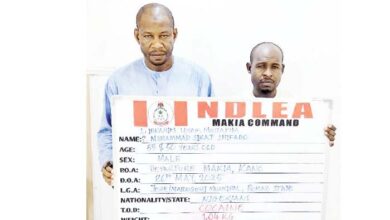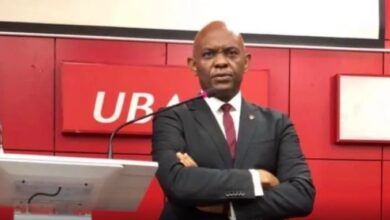Presidency defends Nigeria’s rising debt profile, says no sin in borrowing
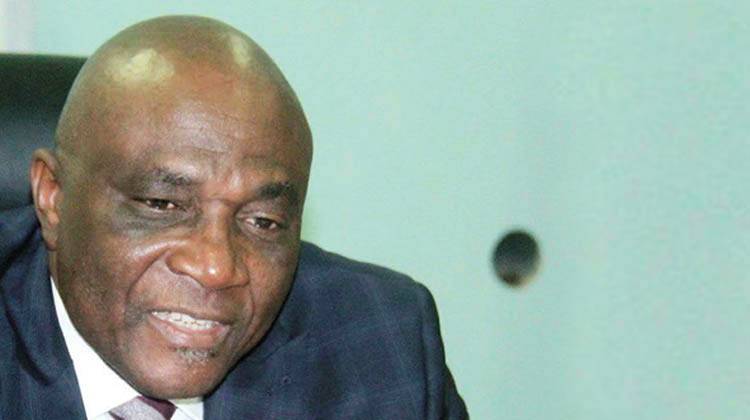
The Presidency has defended its borrowing practices, describing them as necessary for national development and emphasizing that “borrowing, when used judiciously, is not a sin.”
This position was clarified during a presidential media parley held in Lagos, where senior aides to President Bola Tinubu spoke on the administration’s economic achievements and its forward-looking strategy.
President Tinubu had, just last week, submitted a request to the National Assembly seeking approval for fresh external and domestic loans amounting to ₦34.15 trillion.
Addressing concerns around Nigeria’s rising debt, Special Adviser to the President on Information and Strategy, Mr. Bayo Onanuga, stated: “It is not a sin to borrow. Even developed nations like the United States of America, USA, and the United Kingdom, UK, borrow beyond their GDP. The issue is not borrowing; it is what you do with the borrowed funds.”
He added: “We are a poor country with a large population. We must stop deceiving ourselves. Nigeria’s budget is smaller than that of South Africa. We have to be realistic about what we can fund without borrowing.”
Onanuga highlighted that the Tinubu administration had already achieved progress on several macroeconomic reforms and inclusive growth policies despite inheriting a challenging economic landscape.
Reflecting on the administration’s performance, he said: “We acknowledge that the first year of this administration was turbulent. We faced serious challenges, including inflation, forex instability, and legacy issues that were beyond our immediate control.
“Today, Nigeria’s macroeconomic indicators have improved significantly. This has not gone unnoticed; global institutions like the World Bank and International Monetary Fund, IMF, have commended our efforts and direction.”
He pointed to the performance of the Nigerian stock market as evidence: “Nigeria’s All Share Index has more than doubled from 50,000 in 2023 to over 110,000 in 2025.”
Further indicators shared by Onanuga included a notable rise in foreign reserves — now at $21 billion — and a significant drop in debt servicing costs: “Nigeria’s debt servicing has dropped from 97 percent of government revenue to under 60 percent, freeing up fiscal space for investment in social services.”
The Presidency also cited the use of Public-Private Partnerships (PPPs) and alternative financing models like Infraco, tax credits, and joint funding with state governments for critical infrastructure.
Onanuga noted: “Over 600,000 students have benefited from the student loan scheme under NELFUND, among others. We are laying the groundwork for Nigeria’s industrial base through technical education and financial access.”
Discussing efforts to ease current economic hardship, he said: “We fully understand that Nigerians are going through tough times. But the government is not sitting idly.
“We have rolled out specific interventions to ease the burden, from bulk procurement of essential drugs under the medical pool initiative to direct agricultural support aimed at stabilizing food prices.
“We have also pushed for the adoption of Compressed Natural Gas, CNG, in transportation. Today, some ride-hailing drivers who used to make ₦10,000 weekly now earn that daily, just from savings on fuel.
“Also, the President approved a six-month waiver on rice importation. That move was deliberate to crash food prices and break the cycle of hoarding and artificial scarcity.
“We need to be honest with ourselves. Nigeria is not as rich as many people think. We are a large country with limited resources and an exploding population. The truth is, we must recalibrate our expectations and begin to manage our ambitions more realistically.”
Adding to the discussion, Special Adviser to the President on Public Communication, Mr. Sunday Dare, said: “We can’t build highways from Lagos to Calabar or Sokoto to Bida without borrowing. Projects like these wake up entire regions economically. The real problem is not debt; it is waste. With proper utilization, borrowing is a tool for national transformation.”
